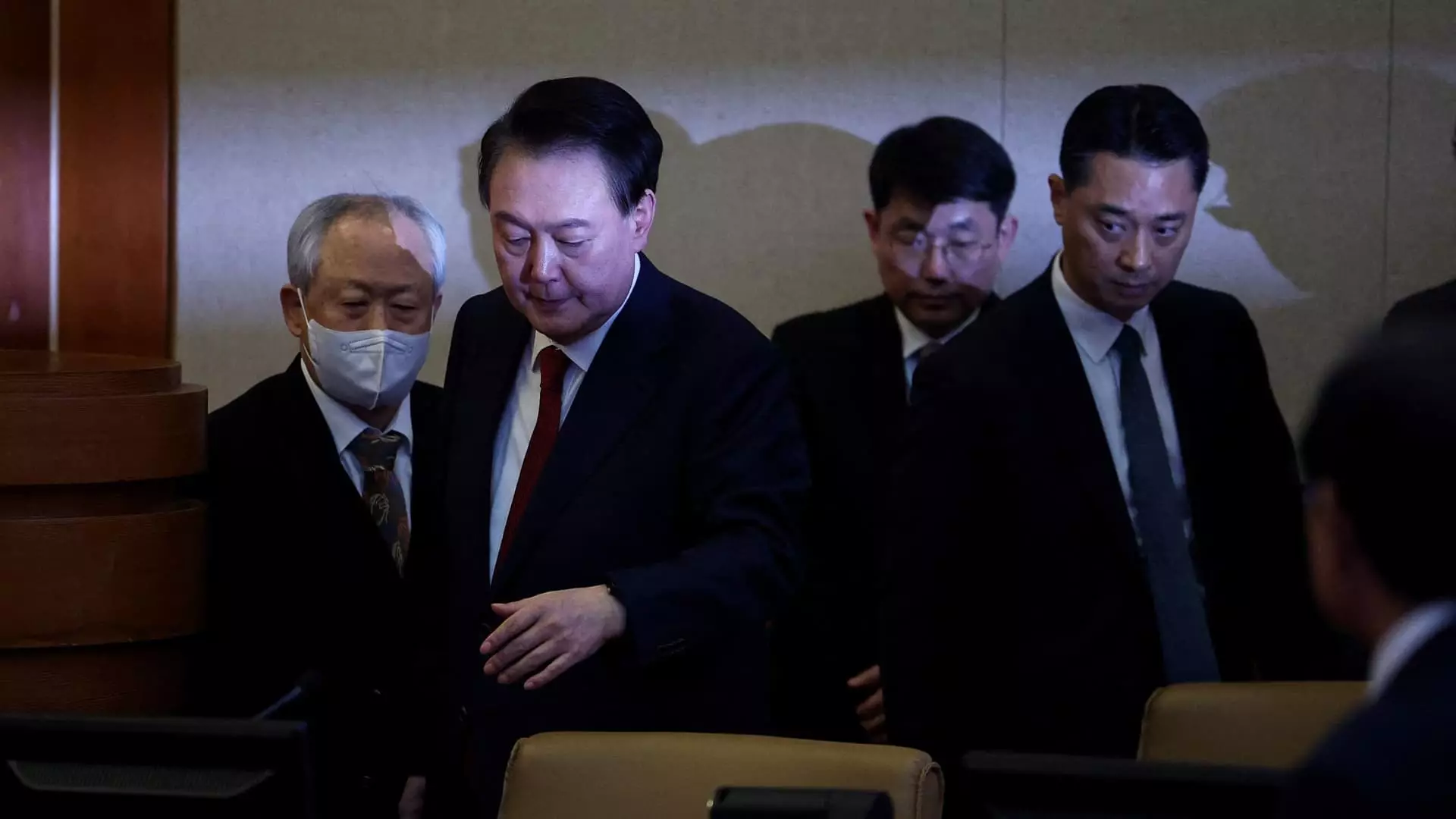In a groundbreaking decision, South Korea’s Constitutional Court has decisively ousted President Yoon Suk Yeol from office, marking a significant moment in a nation that has long struggled to balance authority and democracy. This ruling isn’t merely a political maneuver; it represents a decisive push against an authoritarian trend that threatened to revisit a dark chapter in South Korea’s history. The Constitutional Court, in a unanimous vote, found that Yoon’s declaration of martial law was not only legally unfounded but also an affront to the democratic principles that define South Korea.
Dangerously Misplaced Priorities
Yoon’s justification for martial law—citing threats from “North Korean communist forces”—was not just hyperbolic; it was a cynical exploitation of national anxiety that many found alarmingly reminiscent of past authoritarian regimes. By attempting to quell dissent within the parliamentary system and deploying troops to enforce his will, Yoon blurred the lines between leadership and tyranny. South Korea’s recent historical struggles with authoritarianism highlight just how precarious the country’s democracy remains. The actions of Yoon, who should have embodied the people’s trust, instead illustrated a dangerous inclination towards despotism.
The Role of Civil Society
The response to Yoon’s overreach was swift and powerful, showcasing the resilience of civil society in South Korea. Within hours of the martial law announcement, lawmakers acted to dismantle Yoon’s decree, demonstrating that checks and balances still function, albeit under duress. Impeachment procedures moved rapidly, reflecting not only the discontent of legislative bodies but also the will of the people, who engaged in protests and discourse against government overreach. Such mobilization signals a healthy, albeit tumultuous, democratic engagement that echoes the sentiment that the populace will not tolerate authoritarian tactics.
The Market Reaction: Instability Breeds Cautious Optimism
The immediate ramifications of Yoon’s impeachment rippled through South Korea’s financial markets, revealing a complex interplay of stability and uncertainty. Following the Constitutional Court’s ruling, the Kospi index saw a slight decrease, while the Kosdaq inexplicably rose. Such mixed signals suggest not only investor concern but also a sense of cautious optimism regarding potential change in leadership. The currency’s slight strengthening may point to a collective relief that democracy, rather than autocracy, has remained the ruling philosophy in the nation.
A Call for Thoughtful Leadership
As Prime Minister Han Duck-soo resumes the role of acting president, the next steps will be crucial for South Korea. His interim presiding should emphasize collaborative governance and reaffirm the commitment to democratic processes that underscore the nation’s identity. In navigating these turbulent waters, the opportunity arises for leaders to embody not just authority, but also accountability, empathy, and transparency. This is a moment for South Korea to redefine its political landscape—moving away from fear and toward inclusivity and national unity. The hope is palpable that this impeachment will mark a pivotal turning point, redirecting the country’s path toward a more democratic and enlightened future.


Leave a Reply